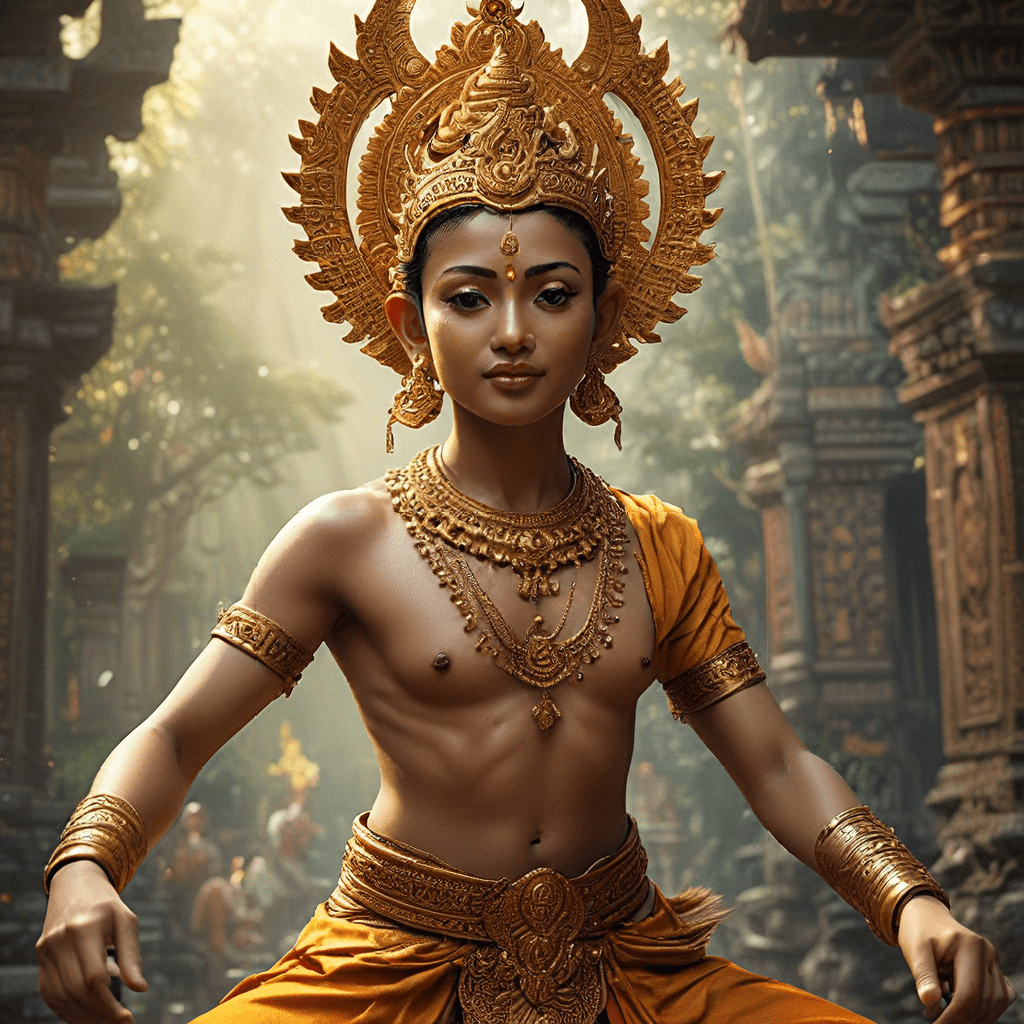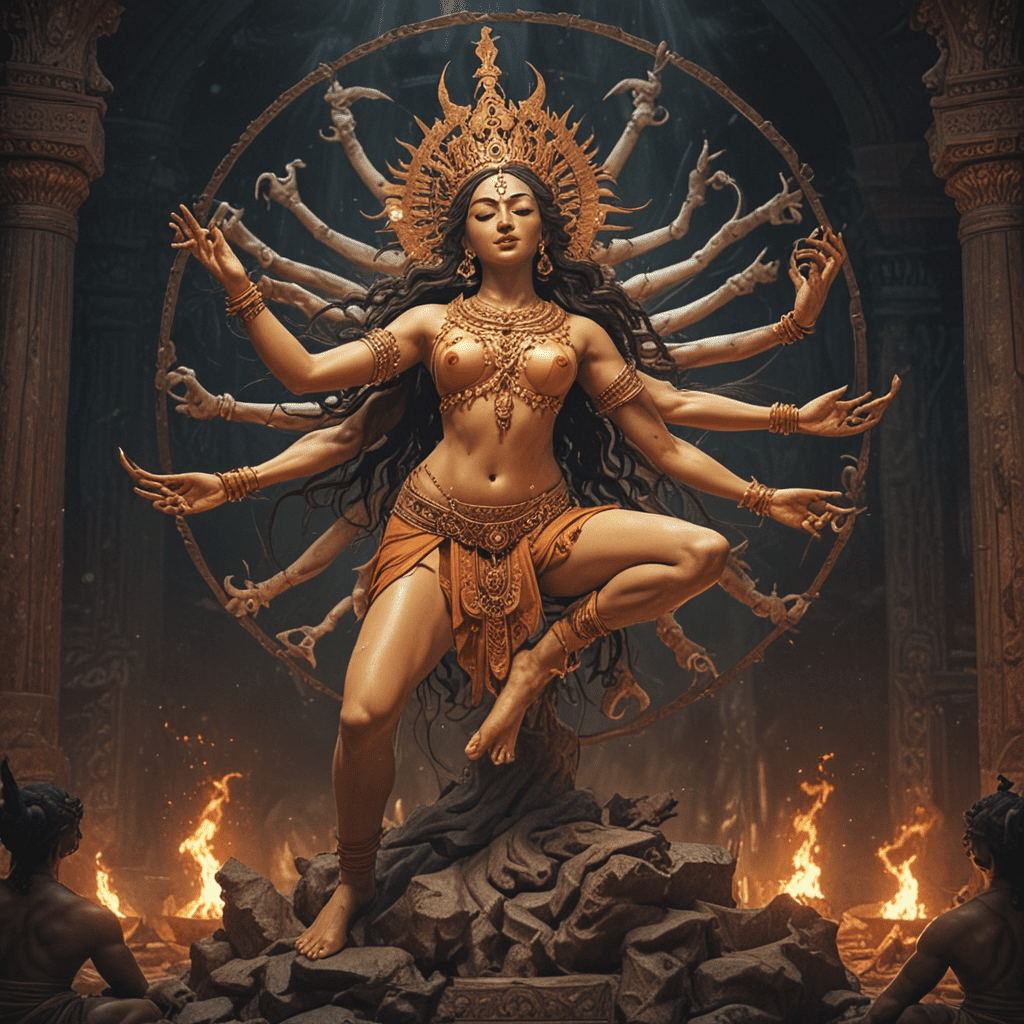Moral Myths and the Nature of Change: Lessons from Legends
I. Introduction
Moral myths are narratives that embody the values and principles of a society, often conveying lessons about right and wrong. They play a crucial role in shaping societal values and are deeply embedded in cultural traditions. Legends, as a form of moral myth, not only entertain but also serve as vehicles for moral education and societal reflection. This article explores the interplay between moral myths and change, examining how these narratives influence individual behavior and societal transformations.
II. Understanding Moral Myths
Moral myths serve as cultural artifacts that reflect the principles and beliefs of a society. They often encapsulate the moral framework within which individuals operate, guiding behavior and decision-making. The role of moral myths can be understood through the following aspects:
- Role in Culture: Moral myths provide a shared narrative that helps individuals make sense of their experiences and surroundings.
- Examples: Common moral myths include the heroic sacrifice of figures like Prometheus, the cautionary tales of Icarus, and the moral struggles faced by characters such as Odysseus.
- Psychological Impact: These myths can profoundly impact individual behavior, instilling a sense of rightness or wrongness that influences choices and actions.
III. The Nature of Change
Change is an inherent part of life, both on personal and societal levels. The relationship between myths and change is intricate:
- Concept of Change: Change can be seen as an evolution in thought, behavior, and societal structures.
- Historical Perspective: Myths have evolved over time, adapting to new contexts and challenges while retaining core moral lessons.
- Facilitating or Resisting Change: Some myths promote progressive ideas, while others may serve to uphold traditional values, resisting change in society.
IV. Legends as Catalysts for Change
Legends often act as catalysts for social movements, inspiring individuals to challenge the status quo. Analyzing specific legends reveals their transformative power:
- Robin Hood: The tale of Robin Hood, who stole from the rich to give to the poor, has inspired movements advocating for social justice and economic equality.
- King Arthur: The legend of King Arthur embodies ideals of chivalry and justice, influencing notions of leadership and governance.
Over time, these legends transition from simple moral tales to powerful agents of change, reflecting the evolving values of society.
V. Moral Lessons from Legends
Popular legends impart essential moral lessons that resonate with societal values:
- Integrity: Many legends emphasize the importance of integrity, urging individuals to act according to their principles.
- Resilience: Characters often face adversity, showcasing the value of perseverance and courage in the face of challenges.
- Empathy: Legends frequently highlight the necessity of understanding and compassion towards others, fostering a sense of community.
These lessons remain relevant in contemporary issues, guiding individuals and societies in navigating ethical dilemmas.
VI. The Interplay of Myth and Reality
The influence of moral myths extends into real-world actions and decision-making:
- Influence on Actions: Moral myths can inspire individuals to take action, often motivating movements for social change.
- Myth vs. Reality: Conflicts may arise when the ideals presented in legends clash with modern ethical standards and realities.
- Storytelling: Effective storytelling bridges the gap between myth and reality, allowing for the exploration of contemporary issues through the lens of legend.
VII. The Impact of Technology on Moral Myths
The digital age has transformed the way moral myths are created and disseminated:
- Evolution of Legends: Technology has enabled the rapid spread and evolution of legends, allowing new narratives to emerge.
- Role of Social Media: Platforms like Twitter and Instagram propagate moral myths, often reshaping their meanings and contexts.
- Contemporary Legends: New legends, such as viral stories of heroism or injustice, reflect current societal issues and values.
VIII. Global Perspectives on Moral Myths and Change
Moral myths vary across cultures, yet they often address universal themes:
- Cross-Cultural Comparison: Myths like those of Hercules or the Hindu epic of Ramayana share themes of struggle and virtue.
- Universal Themes: Legends often explore concepts of justice, sacrifice, and redemption, resonating with diverse audiences.
- Cross-Cultural Influences: Cultures borrow from each other’s legends, leading to a rich tapestry of moral narratives.
IX. Challenges in Interpreting Moral Myths
While moral myths provide valuable lessons, they also pose challenges:
- Misinterpretation: Legends can be misinterpreted, leading to skewed understandings of their moral implications.
- Ethical Dilemmas: The application of ancient moral lessons to modern contexts can create ethical dilemmas.
- Critical Engagement: Engaging critically with moral myths involves examining their origins, meanings, and relevance to contemporary issues.
X. Conclusion
Moral myths and legends wield enduring power in shaping moral landscapes and driving societal change. Through the examination of these narratives, we gain insights into the values that define us and the lessons that guide our actions. As we navigate the complexities of modern life, the lessons from legends remain a vital resource in our quest for understanding and progress.



